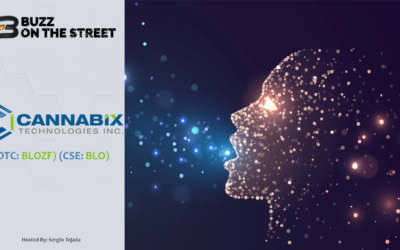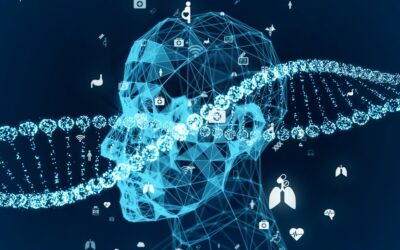In today’s digitally-driven world, web-based applications serve as the cornerstone of many businesses and services. From e-commerce platforms to social media networks, these applications play a pivotal role in facilitating communication, transactions, and interactions on the internet. As the demand for seamless user experiences continues to grow, the integration of artificial intelligence (AI) is emerging as a powerful solution to enhance proficiency in web-based applications.
AI, with its ability to analyze data, learn from patterns, and make predictions, offers a myriad of opportunities to optimize various aspects of web-based applications. Let’s delve into how the adaptation of AI can drive proficiency in these applications:
-
Personalized User Experience: AI-powered algorithms can analyze user behavior, preferences, and past interactions to deliver personalized experiences. By leveraging techniques such as machine learning and natural language processing, web applications can tailor content, product recommendations, and search results to individual users, thereby increasing engagement and satisfaction.
-
Enhanced User Interfaces: AI enables the development of intuitive user interfaces that adapt to users’ needs and preferences. Through techniques like sentiment analysis and facial recognition, web applications can gauge user emotions and adjust interface elements accordingly, creating a more user-friendly and immersive experience.
-
Intelligent Automation: Automation is a key driver of efficiency in web-based applications. AI-powered bots and virtual assistants can handle routine tasks, such as customer inquiries, order processing, and content moderation, freeing up human resources to focus on more strategic initiatives. Additionally, AI algorithms can optimize workflows by identifying bottlenecks and recommending process improvements.
-
Predictive Analytics: AI algorithms excel at analyzing large volumes of data to uncover meaningful insights and predict future outcomes. In the context of web-based applications, predictive analytics can be leveraged to forecast user behavior, detect anomalies, and anticipate demand patterns. This enables businesses to make data-driven decisions, optimize resource allocation, and proactively address potential issues.
-
Improved Security: Cybersecurity is a paramount concern for web-based applications. AI-powered security solutions can bolster defenses by continuously monitoring for suspicious activities, identifying potential threats, and adapting defenses in real-time. Additionally, AI algorithms can analyze vast amounts of data to detect patterns indicative of cyber attacks, enabling proactive threat mitigation.
-
Content Optimization: AI-driven content optimization tools can analyze user engagement metrics, sentiment analysis, and trends to refine content strategies and improve the relevance and effectiveness of web content. By identifying high-performing keywords, topics, and formats, AI can help maximize the impact of content marketing efforts and drive organic traffic to web applications.
-
Seamless Integration: AI facilitates seamless integration with existing systems and technologies, enabling web-based applications to leverage data from various sources and platforms. Whether integrating with third-party APIs, IoT devices, or enterprise systems, AI streamlines data exchange, interoperability, and collaboration, enhancing the overall functionality and utility of web applications.
In conclusion, the adaptation of artificial intelligence holds immense potential to increase proficiency in web-based applications across various domains. By leveraging AI-powered personalization, automation, predictive analytics, security enhancements, content optimization, and seamless integration, businesses can deliver superior user experiences, drive efficiency, and stay competitive in an ever-evolving digital landscape. As AI continues to advance, its role in shaping the future of web-based applications will undoubtedly become increasingly prominent.



